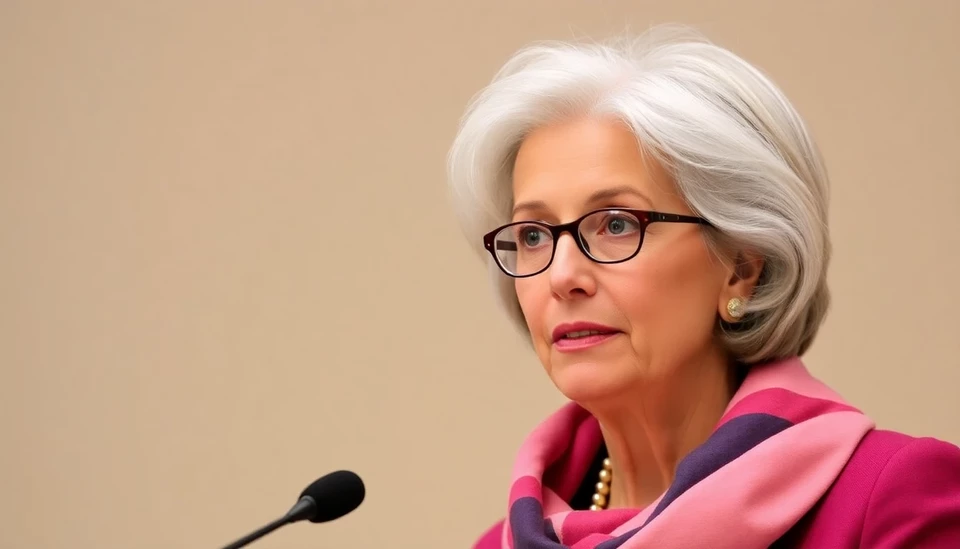
In a candid address that struck a chord in financial circles, Christine Lagarde, the President of the European Central Bank (ECB), expressed deep concerns regarding the European Union's slow progress towards establishing a comprehensive capital markets union. During her speech at a recent conference, Lagarde emphasized that the current inertia within EU member states could significantly hinder economic growth and competitiveness across the region.
Lagarde's remarks come at a crucial time when European economies are grappling with various challenges, including high inflation rates, rising interest rates, and ongoing uncertainties stemming from geopolitical tensions. She underscored the importance of swift reforms and collaborative efforts among EU nations to fully realize the potential of the capital markets union, a framework designed to facilitate smoother capital flows and investments across borders.
The ECB President highlighted that despite the ambitious plans laid out in the past, progress has been sluggish. She pointed out that fragmented capital markets within the EU create barriers that prevent efficient allocation of resources. As a result, companies, particularly small and medium-sized enterprises (SMEs), struggle to access the capital they need for growth, which can stifle innovation and overall economic dynamism.
"In a world that is increasingly interconnected, the EU cannot afford to lag behind in developing a seamless capital market," Lagarde asserted. She urged policymakers to overcome national priorities and instead focus on the broader benefits of a unified financial landscape. By fostering deeper capital market integration, EU nations would not only enhance resilience against external shocks but also solidify their standing as a competitive player in the global market.
One of the pivotal points of Lagarde’s speech was the necessity of removing regulatory and structural obstacles that impede investment flow. She called for a concerted effort to harmonize rules across member states, improve infrastructure, and enhance transparency in market operations. Such changes, according to Lagarde, are essential for attracting both domestic and foreign investors, as well as for bolstering the EU's economic framework.
Moreover, Lagarde emphasized the need for the EU to address long-standing issues such as cross-border investment hurdles, tax disparities, and differing national regulations that currently stymie the growth of a cohesive capital market. Her comments reverberate with urgency as European economies seek strategies to bolster recovery and growth in an increasingly challenging global landscape.
The potential benefits of a well-functioning capital markets union are substantial. Enhanced cooperation among member states could lead to increased investments in key sectors, superior funding options for businesses, and improved overall economic stability for the EU. Lagarde’s call to action serves as a reminder that the road to reform requires not just vision but also a steadfast commitment to collaboration and shared responsibility among EU nations.
In conclusion, Christine Lagarde's impassioned plea for action signifies a critical juncture for the EU's economic strategy. The urgency for developing a functional capital markets union cannot be understated as member states work towards not only post-pandemic recovery but also securing a position of strength on the global economic stage.
As the ECB steers the monetary policy landscape, the implications of member nations' inaction could resonate far beyond the immediate economic horizon, affecting the overall stability and growth of the European Union for years to come. The time for decisive action is now, as Lagarde's words echo through the corridors of power across Europe.
#ECB #ChristineLagarde #CapitalMarketsUnion #EUEconomy #FinancialIntegration #Investment #EconomicGrowth
Author: Rachel Greene




